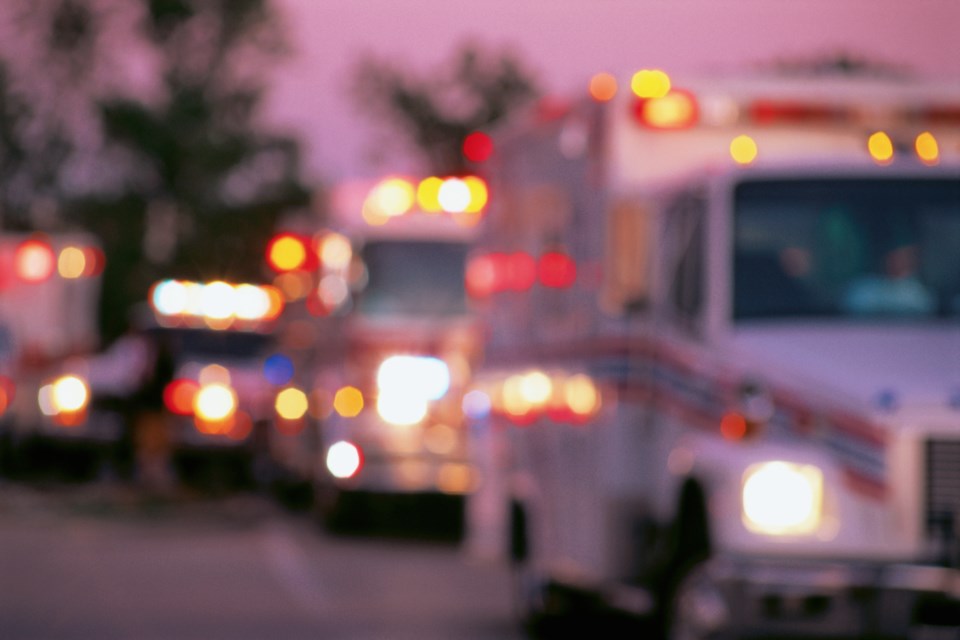Big changes at the top in the management of BC Emergency Health Services (BCEHS) are being welcomed by the union representing paramedics.
Nearly seven months after the summer heat dome claimed hundreds of lives, an internal memo to staff confirms Leanne Heppell is the new executive vice-president and chief ambulance officer. She was given the role on an interim basis last July, as BCEHS came under criticism for its response to the deadly heatwave.
“I think it’s a good thing,” said Troy Clifford, president of the Ambulance Paramedics of BC.
“She’s done a lot of good work. She seems to be really leading and trying to change things, as well as the new governance with the board, which was put in place in December.”
Interim chief medical officer Dr. Wilson Wan has also been replaced by Dr. Mike Christian and there have been a number of other leadership changes, although the chief operating officer role is still being filled on an interim basis by Neil Lilley.
“Darlene McKinnon silently left the chief operating role recently. I think December, officially she left but she hadn’t been around since the heat dome. ”
Clifford also noted that Derek Rains, the new executive director of business operations and support, has been leading a lot of the initiatives that the Ministry of Health has recently introduced including mental health programs, the Rural and Indigenous Framework and the Unit Hour Utilization Review.
“What I’m proud of is the relationship we’ve had with senior leadership. Working how close we have with the board and Leanne and the new team. And they’ve been really working with us to listen to our solutions and work together. Which we hadn’t seen prior to that and that’s really been a positive thing. Our goals all should be the same and they are right now.”
While he said there have been positive changes, there are still a lot of challenges, especially on the recruitment and retention front.
The union issued a news release Monday raising the alarm about the spike in the volume of ambulance calls.
"In 2021, there were more than 840,000 dispatched ambulance events issued through BCEHS' Ambulance dispatch system. We know, however, that many events involved multiple ambulances and resources that don't get separate event numbers, so we are confident that our members responded to over a million calls for service in 2021 serving the citizens of B.C. The numbers are staggering, to say the least," said Clifford.
In 2018, ambulance paramedics responded to 714,00 calls; in 2019, they had 723,000, and in 2020 they saw over 751,000.
“With our worst staffing crisis in history, and BCEHS' inability to recruit and retain sufficient paramedics, we are heading for serious trouble. These numbers are just not sustainable," he added.
Without fundamental changes that address the mental health and wellness of paramedics, along with changes to wages and benefits to attract people to the profession, the union is worried the ability to respond to patients will suffer and wait times will increase.
Clifford noted the recent Omicron-related staffing challenges that have forced Interior Health to make a number of temporary service cuts at some hospitals in smaller communities will put added strain on BCEHS staff in those areas.
He said a lot of paramedics are booking off because of Omicron and it’s coming at a time when the system is already strained. “The last couple of weeks we started to see numbers up to 40 per cent or more at spike times of (ambulances) out of service.”



